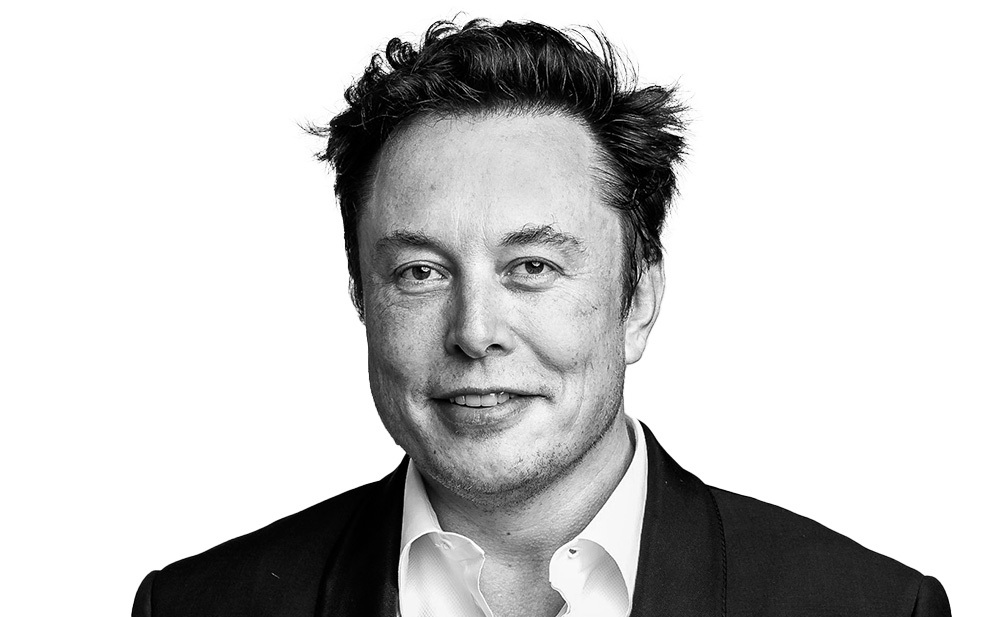Using Elon Musk as a textbook, we discuss why celebrity CEOs exhibit terrible governance policies.
The key to corporate success is good corporate governance. Any CEO worth their salt is a humble leader with eager, engaged, and educated critics at board level to keep decisions in check. Inversely, ego, inexperience and unwavering control are red flags. Despite warning signs and countless examples of failing businesses due to poor governance, recent media headlines have been saturated with celebrity CEO downfalls relating to poor governance. Most notably, Elon Musk.
Musk has been a key media subject over the past months with his disastrous takeover of Twitter. With the initial acquisition concluding on October 28, 2022, by December 19, 2022, Musk had promised to resign once an acceptable replacement had been found. Within this short time, Twitter acquired numerous lawsuits, lost advertisers, investors, and employees, and in the end, even fended off rumours of potential bankruptcy. The cause of this detrimental turn of events can be sourced to a man with a large ego who has an unhealthy obsession with his social media fame. These negative traits have created a textbook example of how celebrity CEOs make poor decisions in corporate governance, which inevitably lead to failure.
The Twitter Fiasco
On April 5, 2022, Elon Musk discloses to the media he has successfully purchased 9% of Twitter’s shares. After being offered a seat on the board of directors, which Musk has since denied, Twitter initiates a response to attempt to discourage a hostile takeover. After a lawsuit, a counter-lawsuit, and a trial, Musk takes on the CEO position on October 28, 2022. He then fired the entire board of directors, making himself the sole member, and let go half of Twitter’s payroll, including many who fight misinformation and hateful content. This hostile takeover also led to advertisers pulling out due to the uncertainty of Twitter’s future.
In mid-November, the world was informed of Twitter’s new ‘blue tick’ policy which ultimately allowed users to pay for official status. This decision led to be detrimental for some – including pharmaceutical giant Eli Lilly who was impersonated, tweeting that their insulin would hereby be free. Investors were outraged at this decision, which ultimately lead to a momentary yet dramatic fall in their stock price. After the evident failure of the ‘blue tick’, Twitter’s software engineers became increasingly vocal about their opinions of the company which led to Musk firing one after a public argument on Twitter and terminating the contracts of twenty others.
Musk also announced that remote working was no longer offered at Twitter and made a mass-email announcement to the current workforce that employees needed to increase their workload significantly, and fully commit to the new ‘Twitter 2.0’, or risk receiving three months of severance.
The Aftermath
Since Musk bought Twitter, there have not been many positive impacts to report. According to Media Matters, half of the top advertisers boycotted the social site, which was responsible for paying Twitter $2 billion since 2020. This hit led Musk to admit that bankruptcy wasn’t out of the question in November last year.
In addition to this, numerous lawsuits have been filed from over 100 employees. Cases ranged from severance pay disputes to multiple areas of discrimination. Downsizing plans also faced legal problems in Europe – with UK unions receiving significant complaints, responses from tough employment laws in Ireland and the EU, as well as concerns that Europe’s new Digital Services and Digital Markets Acts would not be adhered to.
As the story continued, Musk suffered the greatest loss of personal wealth in history with a $182 billion drop. With the Twitter scandal polluting the news, it is not a surprise that Musk’s other ventures were hit too, as Tesla shareholders accused Musk had abandoning them after a $700 billion drop in Tesla’s value on the stock market.
It’s déjà vu for Musk
Although we mostly see Twitter in the news, this disregard for governance is not an isolated event for Musk. Recently, he faced a lawsuit from shareholders over a 2018 tweet that stated a major investor was found for Tesla - but one never came. In addition, there have been complaints of Musk breaking labour laws from SpaceX employees, and Neuralink, another Musk-owned enterprise, faced a federal probe after employee backlash of animal testing programmes.
Lessons Learned
Musk is a clear example of the worst-case scenario for governance. From him, business leaders can learn several lessons about its importance. His supporters will argue that his success as a businessman allowed him to get to this position in the first place. This is true and cannot be denied. However, this skill is evidently starting to wane – due to, in my opinion, his obsession with the spotlight.
Leaders of any kind need mentors and critical voices around them to ensure good governance of a company. These board members will aid in preventing poor management decisions, unnecessary legal battles, and needless reputational damage to the company. When in these leadership positions, whether executive level or board level, it is imperative that education and engagement is made a priority. Musk followed these principles of good governance, we may have seen a very different outcome for himself and Twitter.
David W. Duffy is the CEO and co-founder of the Corporate Governance Institute. For more information, visit: https://www.thecorporategovernanceinstitute.com/.











